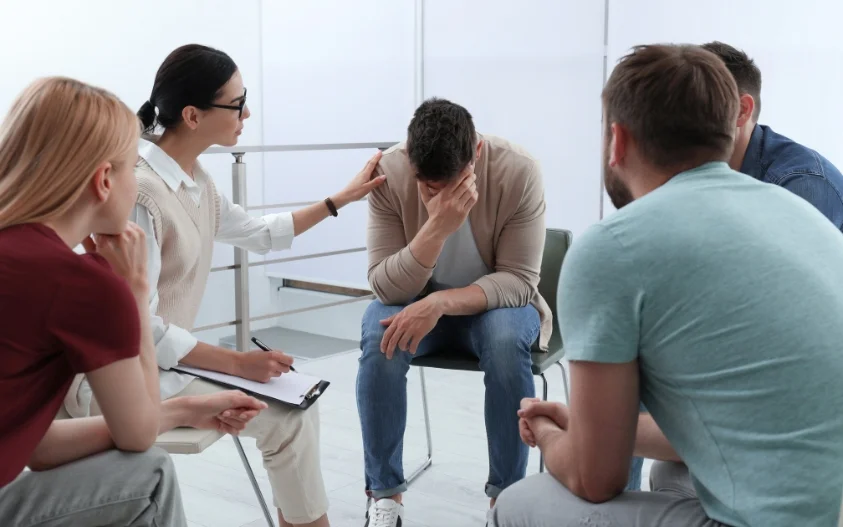24/7 Helpline:
(866) 899-111424/7 Helpline:
(866) 899-1114
Learn more about Group Therapy centers in Delta

Other Insurance Options

Self-pay options

State Farm

EmblemHealth

UMR

Medical Mutual of Ohio

Kaiser Permanente

UnitedHealth Group

Molina Healthcare

AllWell

United Health Care

Ambetter
Beacon

Horizon Healthcare Service

Absolute Total Care

Health Partners

Excellus

Optima

Premera

Access to Recovery (ATR) Voucher

Highmark





Colorado Western Slope Counseling
Colorado Western Slope Counseling is a private rehab located in Paonia, CO. Colorado Western Slope C...

The Center for Mental Health
The Center for Mental Health is a non-profit organization and is governed by a board of directors re...





























